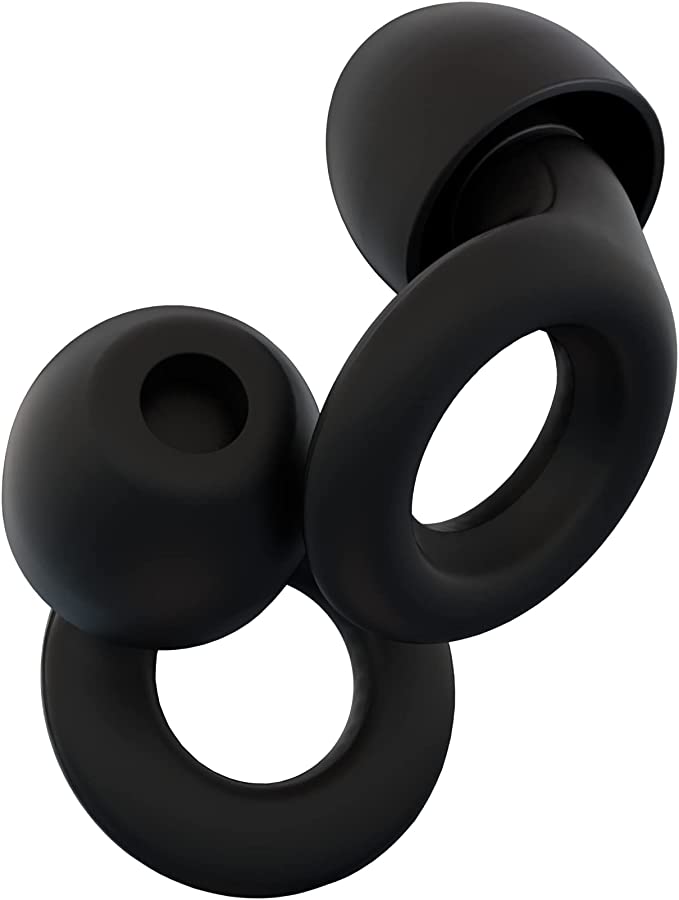In our fast-paced modern world, getting a good night’s sleep can sometimes feel like an elusive goal. External noises – whether from traffic, noisy neighbours, or a partner’s snoring – can often disrupt our sleep patterns. One potential solution to this issue is the use of earplugs during sleep. But is it good for you? Let’s explore the benefits and drawbacks of sleeping with ear plugs.
The benefits
Sleeping with earplugs can significantly enhance your sleep quality by blocking out disturbing external noises. This leads to fewer interruptions, allowing you to enter the deep, restful stages of sleep that your body needs to rejuvenate itself.
There is also evidence to suggest that earplugs can boost the natural production of melatonin, a hormone that regulates sleep. By creating a quiet environment, earplugs can help set the stage for this beneficial hormone to work its magic.
Moreover, using earplugs can foster a sense of independence in your sleep habits. You’re not relying on the cooperation of others (like a snoring partner) or environmental factors (like quiet neighbors) to achieve a good night’s sleep.
Thinking of investing in a decent pair? These new loop ear plugs on Amazon are trending!
The drawbacks
On the flip side, there are potential downsides to consider when using earplugs regularly. One of the most common issues is the buildup of earwax. Earplugs can push wax back into your ear, leading to blockages that can cause temporary hearing loss and tinnitus. Therefore, it’s essential to practice good ear hygiene if you’re a regular user of earplugs.
Another potential risk is ear infections. If earplugs are not changed regularly, they can become a breeding ground for bacteria, leading to infections. Always ensure your earplugs are clean, and don’t hesitate to replace them as needed.
Incorrect use of earplugs can also lead to discomfort and earache. If pushed too hard into the ears, they can cause pain and potentially even damage the ear canal. Therefore, it’s crucial to use earplugs correctly and choose ones that fit your ears comfortably.
Lastly, some people may experience headaches from wearing earplugs, particularly if they press against the jaw and inner ear. If you find that earplugs are triggering headaches, it might be worth exploring other noise-reduction options.
Conclusion
So, is sleeping with earplugs good for you? The answer largely depends on your personal circumstances. If external noise is a significant barrier to your sleep, the benefits of using earplugs might well outweigh the potential drawbacks. However, it’s crucial to use them responsibly – maintain good ear hygiene, replace them regularly, and ensure they’re inserted correctly. If you experience any adverse effects like pain, hearing loss, or severe headaches, it’s best to consult a healthcare professional.
Remember, while earplugs can be a helpful tool in achieving a good night’s sleep, they’re not a one-size-fits-all solution. Each person’s sleep needs are unique, and what works for one person might not work for another. It’s always a good idea to explore different strategies and find what works best for you. Sleep tight!


